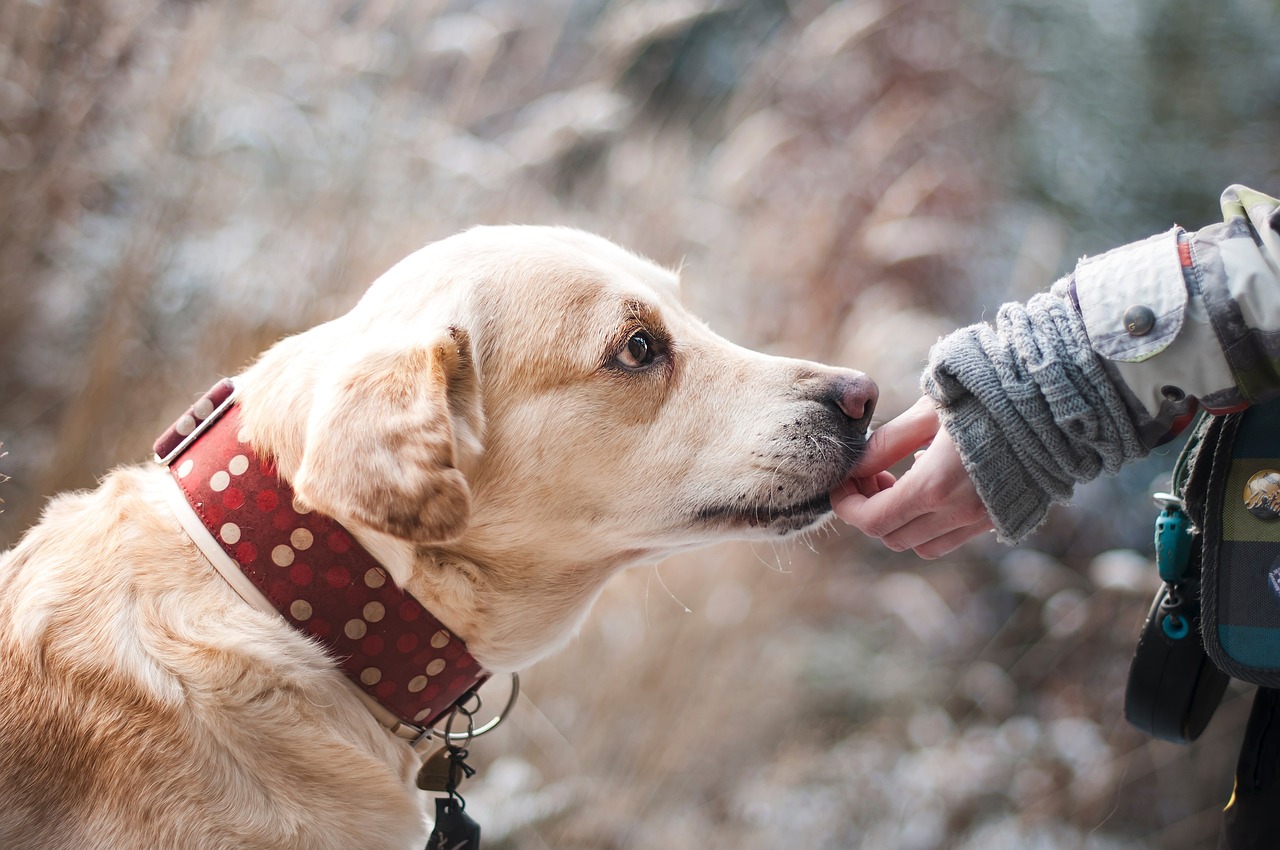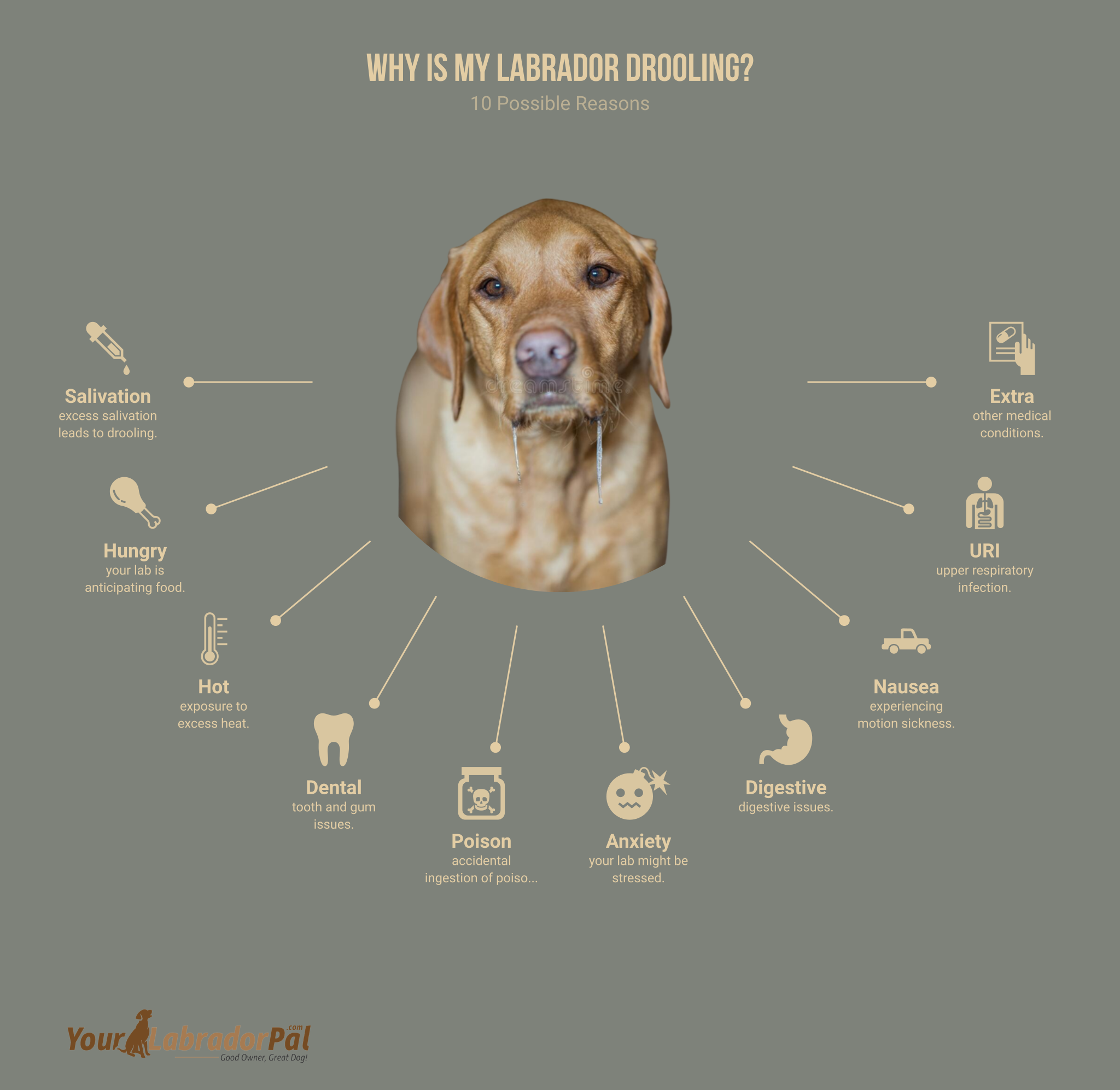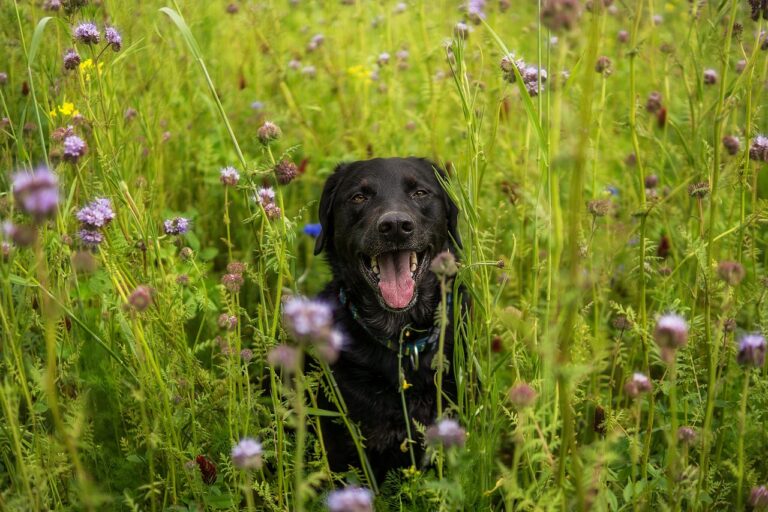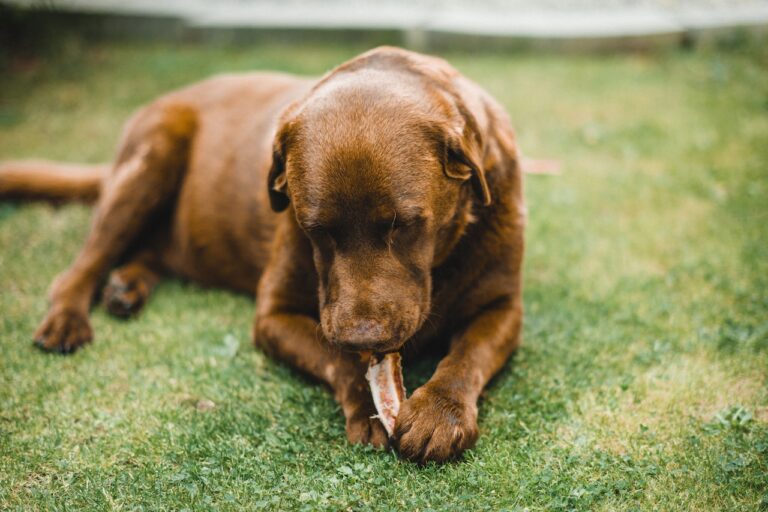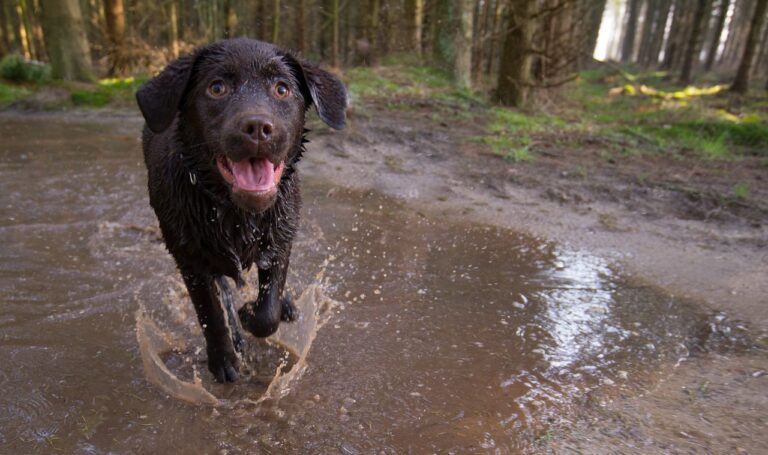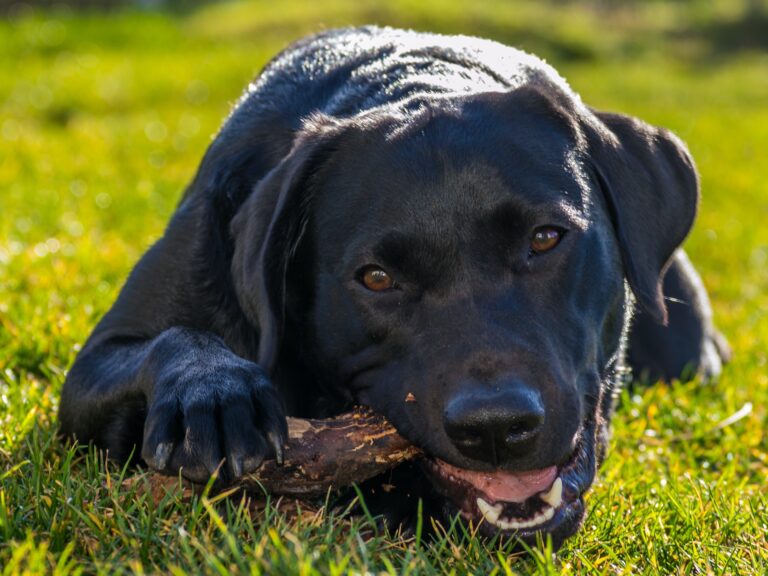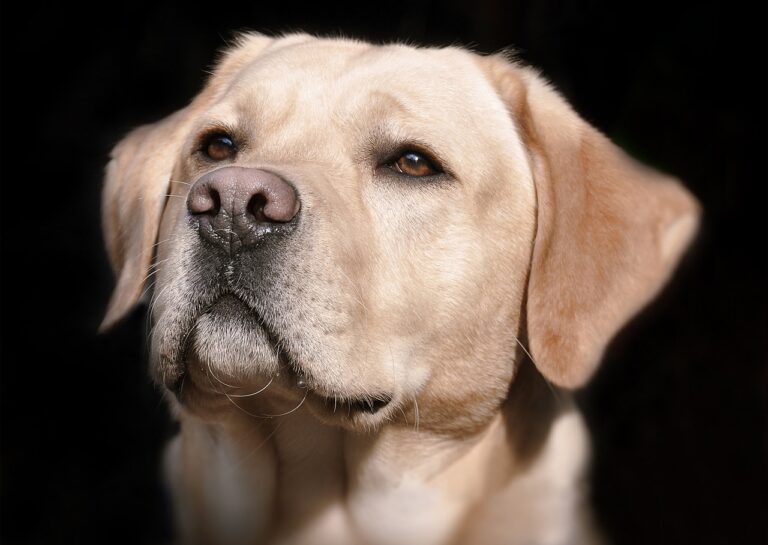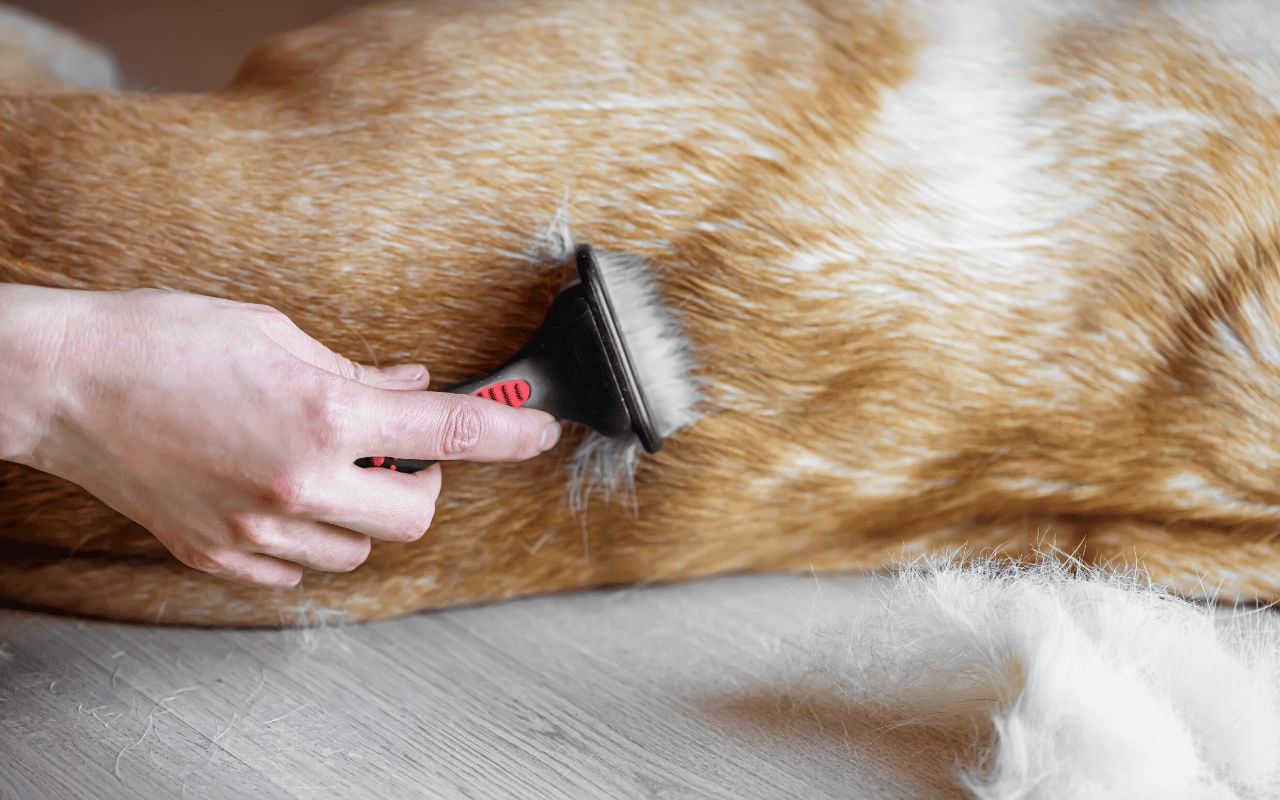Why is my Labrador Drooling? Possible Causes and Treatment
Is it Normal for a Labrador to Drool?
All Labradors drool to some extent, whether through excitement, hunger, or pain. Drool refers to excess saliva flow gathered within the mouth or oral cavity. And though not as common in Labradors, it can still happen to the breed.
Generally, drooling alone doesn’t need immediate medical intervention. After all, it’s a normal mechanism Labradors have to help them chew and digest food better. But note that not all cases are “normal,” and some drooling cases need intervention ASAP. After all, several medical conditions can result in a Lab’s excess drooling.
You’ll be able to notice something’s wrong with your Labrador about its drooling fast. After all, this dog breed doesn’t drool often, so once it pops out of nowhere — act fast!
When to Worry About My Drooling Labrador?
Since Labradors don’t drool as much as other breeds, knowing when it’s time to act is easy. Generally, it’s best to intervene when your Labrador begins drooling out of nowhere. Or when your Lab suddenly drools in copious amounts! These may indicate an underlying issue your Labrador might have, such as tooth fractures or facial nerve paralysis.
Aside from that, you should worry if your Labrador shows signs other than drooling. After all, this breed isn’t an excessive drooler in the first place! And when combined with other symptoms like panting, your Lab likely has an underlying issue or two.
Here are other symptoms that often appear with excess drooling in Labradors to watch out for:
- Sudden lethargic behavior.
- Aggression.
- Excess panting.
- Uncontrollable shaking.
- Pawing at your face.
- A lack of appetite.
- Diarrhea.
- A bleeding mouth.
When you spot any of these symptoms while your Labrador is drooling, bring your dog to the vet ASAP. They can accurately identify the issue and quickly provide the necessary treatments for your Labrador.
Why is My Labrador Drooling?
Although we all know drooling is normal for Labradors, sometimes, we can’t help but worry! So, why is my Labrador drooling? From salivation to tooth issues, here are reasons why your Lab might be drooling:
💦 Excessive Salivation
Like us, our Labradors can drool when smelling or seeing something tasty! Hence, if you eat fancy wagyu steak in front of your Labrador, no one can blame it for drooling. But excess saliva doesn’t always refer to all things delicious, as Labradors may also drool if they eat something not meant for their palates.
A Labrador’s natural reaction to something with a disagreeable taste is to drool a lot to wash it away. And you may also spot this when you give your Labrador bad-tasting medications! Aside from that, Labs may begin drooling if they ingest spicy food.
💦 Your Labrador is Anticipating Food
Hunger is one of the common reasons behind a Labrador’s excess drooling. A Labrador can drool more than usual when it’s excited to eat its food. So, you may notice your Lab drooling when you’re about to feed it, or it sees its meal. After all, what dog won’t get excited when it’s expecting to chow down?
But if you wish to prevent your Labrador’s excess drooling, stop your dog from seeing its food until it’s time to eat. If not, you can place your Lab’s food bowl in places where you are okay with getting drool on.
💦 Your Labrador Might Be too Hot (Heat Stroke)
Like humans, Labradors can sweat too when under the sun for too long. A simple increase in temperature can force your Lab to drool to keep itself cool.
But please don’t put your Labrador through this! Instead, take preventive measures to keep it cool. Hence, give your Lab plenty of water to drink with easy access. Aside from that, provide accessible shaded spots for your Labrador to chill in during hot days.
Finally, remember to groom your Lab every week to keep its fur nice and laid out — and not too thick.
If you leave your Labrador unattended in a hot environment, expect it to not only drool but also experience heat stroke! Although they aren’t as vulnerable as short-nosed dogs, Labradors can still suffer from heat stroke. So, be responsible and never leave your Lab under the direct sun to prevent it from overheating.
Also, I advise keeping your Labrador inside at all times during days when the sun’s scorching! Although your Lab might whine about going out to play, run, or do its business, keep it inside for its safety.
💦 Dental and Gum Issues
A concerning cause of excess drooling in Labradors is dental or gum issues. It might be tartar buildup rubbing against your Lab’s cheeks, causing it to drool. You can confirm this by gently pulling your Labrador’s lip toward its ear and checking for brown teeth, bright red gums, inflammation, and bleeding.
Once you spot those dental concerns, bring your Labrador to the vet ASAP. They’ll be able to inspect your dog’s canines better, providing the proper dental care fast.
But sometimes, your Labrador’s excess drooling might hail from something less serious, such as having a bit of food stuck between its teeth.
💦 Your Labrador Might Have Ingested Poison
A perilous likely cause of your Labrador’s excess drooling is ingesting poison. It could be that your Lab has consumed or licked something hazardous. And if that’s the case, your Labrador should drool out of nowhere.
If you suspect poisoning, bring your Lab to the vet ASAP! Otherwise, prepare for the worse.
💦 Your Labrador Might Have Anxiety
Excessive stress and anxiety can trigger your Labrador to drool rivers. And most Labs feel these when they’re in nerve-wracking situations, like going to the vet. You can confirm your Labrador is having a panic attack if its drooling is accompanied by open-mouth panting and bated breathing.
Place your Labrador in a pet harness or doggy seat inside the car without going anywhere to make it more comfortable. And once relaxed, work up your way to backing out of your garage and drive around the block. Repeat this until your Labrador gets used to the motion, reducing anxiousness.
💦 Digestive Issues Can’t Trigger Drooling
Anything upsetting your Labrador’s stomach can lead to excess drooling. After all, digestive issues can cause extreme nausea, forcing many Labs to drool. And a common cause of tummy troubles in Labradors is motion sickness. You can stop this fast by hitting your brakes and letting your Lab rest.
If that doesn’t work, consult with a vet to see if they can prescribe nausea medicine for your Labrador. It should help with motion sickness, allowing for long rides without excess drooling!
Another digestive issue that can lead to excess drooling in Labradors is ingesting something they shouldn’t have! For instance, if your Lab eats something like a sock or a twig, it can lead to stomach distress. And eventually, your Labrador will begin to drool in response to the digestive trouble.
Moreover, ingestion of poisonous substances can force a Labrador to drool. For instance, if your Lab chews a toxic plant or licks a spilled cleaning solution, you may see your dog excessively drooling alongside other symptoms such as uncontrollable shaking and vomiting.
Beware of the possible toxic substance throughout your home to keep your Labrador safe. And if you suspect your Lab has ingested something poisonous, contact the vet ASAP.
💦 Your Labrador Is Experiencing Motion Sickness
Labradors can experience motion sickness, too, especially those new to riding a car. Your dog might be nauseous if you notice your Labrador drooling out of nowhere while in a vehicle. But this should pass quickly after bringing your Labrador out.
You can train your Labrador to get used to the motion by driving with it in your car and going on short trips.
💦 Your Labrador Might Be Suffering From an Upper Respiratory Infection
An upper respiratory infection affecting your Labrador’s nose, throat, or sinuses can trigger drooling. A Lab can contract these in places with other pets, like the dog park, so protect your dog by keeping it indoors. And when you have other pets, separate the sick ones from your Lab.
Always thoroughly wash your hands using antibacterial soap and water when handling your Labrador and other pets at home, avoiding cross-contamination. But if you suspect your Lab already has an upper respiratory infection, bring it to the vet fast. Only then can your Labrador receive proper treatment for the condition.
💦 Other Conditions
Since excess drooling for Labradors can come from many things, I’ve listed some of the most common conditions other than those mentioned earlier:
- Kidney and liver disease.
- Rabies.
- Neuromuscular condition, like botulism.
- Seizure
Although most of these medical conditions show excess drooling, it can also appear with other symptoms. So, be wary of your Labrador and address its drooling fast. After all, some cases may have fatal consequences, which is especially worrying for Labs since they don’t drool often.
Aside from drooling, pay special attention to specific changes in your Labrador’s behavior. Whether in appetite or mobility, one slight discrepancy can indicate your Lab’s drooling is signifying something worse!
What to Do if My Labrador is Drooling?
Here are easy and foolproof ways to handle a Labrador’s excess drooling well:
✔️ Remove all Access to Poisonous Things
A crucial step in preventing your Labrador from drooling is removing all toxic things within its reach. After all, Labs are notorious for being curious — chewing and licking everything it sees. So, be one step ahead and remove your Labrador’s access to poisonous things.
For instance, you can block off certain parts of your backyard with toxic plants. And it’s also best to seal off your cabinets filled with cleaning supplies and other potentially poisonous solutions. It protects your Lab from accidentally ingesting these hazardous chemicals, preventing excess drooling. Or worse, death!
If you want your Labrador to stay away from these poisonous substances long-term, teach it the “leave it” command. It lets you leave your Labrador unattended without worry as it stays in place.
✔️ Keep Your Labrador Hydrated and Cool
If you suspect the heat is behind your Labrador’s excess drooling, keeping it cool and hydrated is the key. Put several water bowls in your home within accessible areas for your Lab to drink throughout the day. With this, you don’t have to worry about your Labrador running out of water, keeping it hydrated and drool-free.
Water aside, ensure to give your Labrador easy access to shaded areas to keep cool when roaming your outdoor space. Meanwhile, have your air conditioning system turned on when your Labrador is inside. And finally, practice proper and consistent grooming to keep your Lab’s coat short, trimmed, and cool!
✔️ Bring Your Labrador to the Vet
Finally, if you’re unsure why your Labrador has been drooling, bring it to the vet ASAP. Don’t hesitate, as drooling is uncommon in Labradors, meaning once you see it happening abruptly or in absurd amounts — there’s something wrong with your dog. So, be proactive and keep in touch with your Labrador’s vet to see the best treatment and preventive measures to stop your Lab from drooling.
Frequently Asked Questions
Q: Why is my Labrador drooling so much out of nowhere?
A: Drooling is standard for playful Labradors, but a sudden onset may indicate something more serious. Hypersalivation in Labs can have varying causes. But common drooling causes for Labradors include ingestion of toxins or foreign oral objects and dental disease. These can be fatal to Labs, so it’s crucial to call a vet once you see your Lab drooling so much out of nowhere.
Q: Is drooling normal for Labradors to do?
A: Although notorious for having slobbery drools, Labradors don’t drool too much. And as most dogs do when happy, hungry, or facing a health issue, Labradors drool too. But randomly drooling out of nowhere or more than usual can be a sign of concern!
Q: Will it be all right to let my Labrador drool?
A: Drooling is normal for dogs of any breed, and though Labradors don’t do it as much, they do it too! But if your Lab begins drooling more than usual or suddenly does it without doing it once before, act fast. Your Labrador may have a health problem, such as a fractured tooth or trigeminal neuritis.
Q: Does my Labrador drooling mean it’s in pain?
A: Drooling can signify that your Labrador has abdominal issues, dental problems, or is nauseous. And this can be mainly of a massive concern if your Lab also shows signs of gagging. Combined, drooling alongside these symptoms indicates your Labrador is under extreme stress and pain.
Q: When must I worry about my Labrador drooling?
A: If your Labrador is drooling with other symptoms like panting and gagging, it might have underlying medical issues. Some problems accompanying excess drooling in Labradors include aggression, shaking, panting, and lethargicness.
Final Words
Why is my Labrador drooling? From smelling delicious food to developing a bacterial infection — there are many possible causes of excess drooling Labradors. Determining if it’s normal drooling can help you find the best solution for your Labrador. But if your Labrador is drooling with other symptoms like excess panting, bring it to the vet ASAP. Drooling can indicate serious medical issues when paired with other symptoms, so don’t risk it and act fast!

